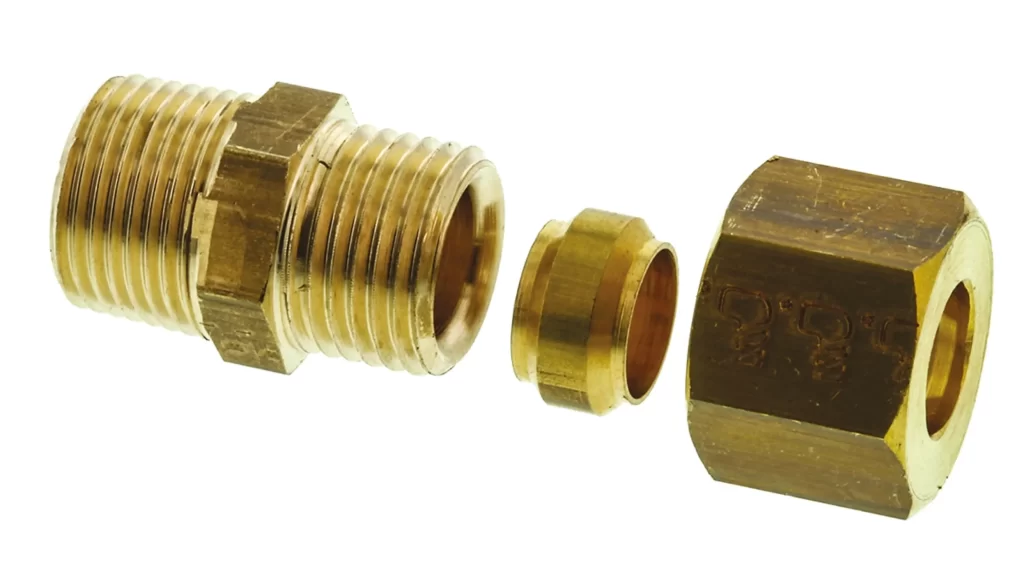Pros And Cons Of Brass Plumbing Fittings
Brass plumbing fittings are a durable material with a classic look. Brass is resistant to corrosion and rust, but it can be damaged if exposed to harsh chemicals. The alloys used in brass plumbing fittings have different properties than pure copper.

Copper pipes are softer and easier to bend, which makes them more flexible for use with some types of faucets and fixtures.
Brass Plumbing Fittings Are A Durable Material With A Classic Look.
- Brass is a durable material.
- Brass is a classic material.
- Brass has a classic look.
These properties make brass plumbing fittings particularly well-suited for use in homes that have been built in the last century, where brass is often used to create fixtures with an antique aesthetic.
Brass Is Resistant To Corrosion And Rust
Brass is a durable metal, and it’s resistant to corrosion and rust. However, brass plumbing fittings can be damaged by exposure to harsh chemicals.
Brass is also more expensive than other materials such as plastic or steel–especially if you choose high-quality brass fittings that are made in the United States or Europe.
The Alloys Used In Brass Plumbing Fittings Have Different Properties Than Pure Copper.
Brass is an alloy of copper and zinc. The alloys used in plumbing fittings have different properties than pure copper, so it’s important to understand what makes brass different from other types of metal.
The first thing you should know about brass is that it’s more durable than pure copper. Zinc is a good choice for brass because it’s resistant to corrosion, so it doesn’t corrode as easily as copper would if exposed to water over time.
Copper Pipes Are Softer And Easier To Bend
Copper pipes are softer and easier to bend, which makes them more flexible for use with some types of faucets and fixtures. Copper pipes are ideal for use with compression fittings and sweat connections because they can be bent into a variety of shapes without breaking.
Brass Has Many Advantages As A Material For Plumbing Fittings
Brass has many advantages as a material for plumbing fittings, but copper also has advantages in certain situations. Both materials are corrosion-resistant, meaning they won’t rust or corrode when exposed to water. This means that brass and copper plumbing fittings will last longer than their nickel counterparts, which can corrode easily if not maintained properly.
Conclusion
In the end, brass plumbing fittings are a great choice for many people. They can last for decades if properly cared for and installed, and their classic look will never go out of style. However, there are some situations where copper pipes or other materials might be better suited than brass.
If you’re looking for new faucets or fixtures in your home or office building, consider using copper pipes so they’ll match well with existing plumbing systems while also providing flexibility when it comes time to install them

